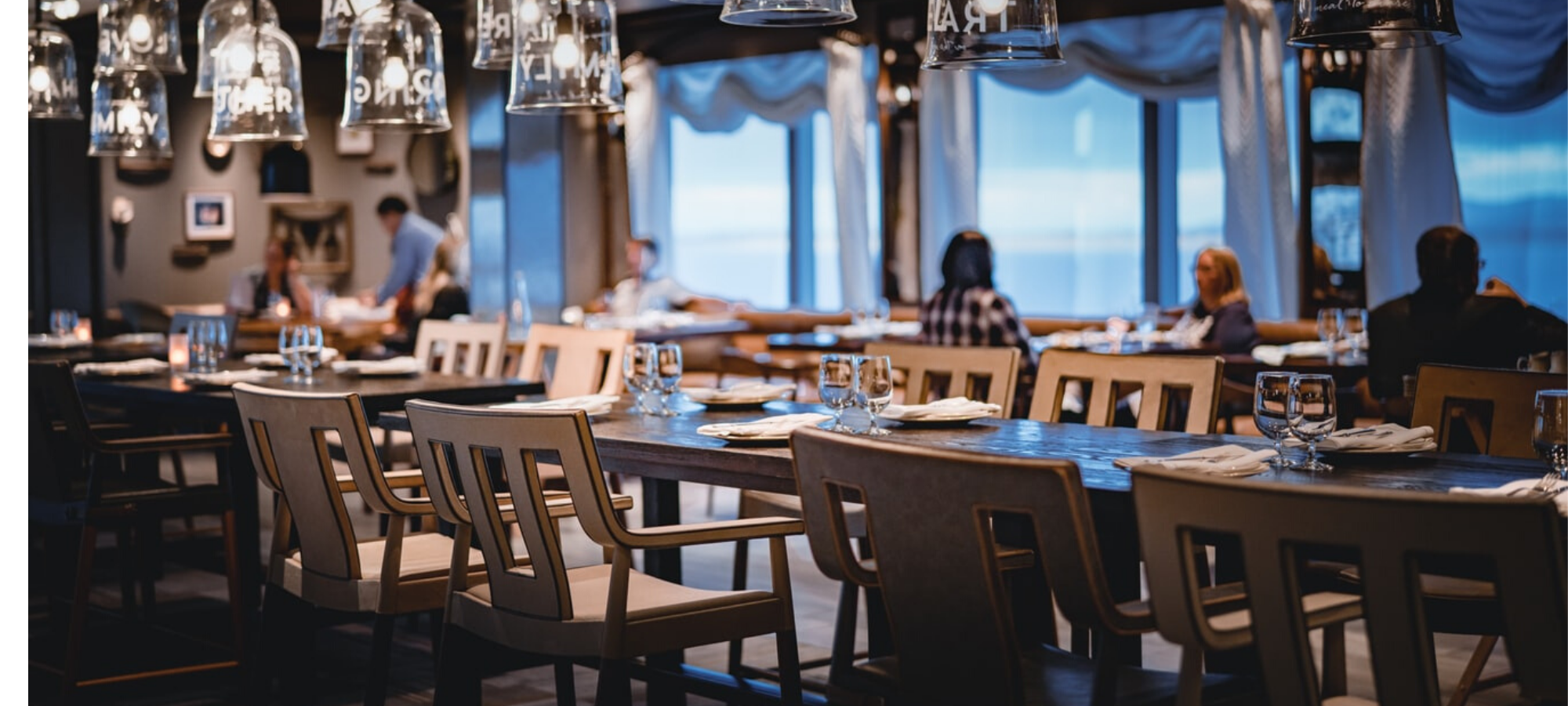As a restaurant broker and restaurant owner, I've examined the impact of Amendment 70 (Colorado’s minimum wage ballot initiative) on the industry. In this restaruant broker's opintion, this is going to severely impact the way restaurants, bars, and food service related businesses run their establishments in the future. What does the future look like under the new law? Here's the implementation from 2016 through 2020.
Minimum Wage Tip Credit Tipped Wage % increase Tipped wage % increase
From 2016 From 2016
2016 8.31 3.02 5.29
2017 9.30 3.02 6.28 11.91% 18.71%
2018 10.20 3.02 7.18 22.74% 35.73%
2019 11.10 3.02 8.08 33.57% 52.74%
2020 12.00 3.02 8.98 44.40% 69.75%
A restaurant using 800 tipped minimum wage hours per week is going to spend about $3500 extra dollars per month in 2017, $7000 per month in 2018, $10,000 per month in 2019, and $13,500 per month in 2020. On an annualized basis, that means an extra $ $41,000 in 2017, $79,000 in 2018, $116,000 in 2019, and $154,000 in 2020 in real labor costs.
How are restaurants going to cope with this?
From this restaurant broker's opinion and the owner's I have spoken to in the industry, it's clear.
Price Increases for Consumers Leading to a Reduction in Sales
About 95% are first going to raise prices. What's the economic outcome of that? Sales will be hurt while the restaurant business is still recovering from the great recession. Chain restaurants have been seeing massive year over year sales decreases and are closing many locations across the USA.
Staffing Level Changes
Many restaurants are going to cut staffing levels and this will also hurt both the employees and customers. Employees will get fewer hours and customers will get reduced service.
Change in Tipping
Some full-service restaurants may go to a “no tipping” policy but institute a “service charge” on customer’s checks. This is something I will consider and would welcome feedback from any restaurants that have tried this to offset the increased costs.
Restaurant Expansion
Some locations will close or choose not to expand. This will hurt both employment and consumer choices.
Technology Replacement of Employees
We have seen some of the fast food chains and casual dining chains going to ordering kiosks and tableside ordering systems and payment systems. This trend will continue.
As a restaurant broker with more than 30 years of experience in the restaurant industry the math is simple. The average bottom line profit in a restaurant doing $1,000,000 in sales is around 10% to the bottom line. The Federal Reserve tells you there is no inflation, but that is because they exclude food and energy out of their CPI (Consumer Price Index) projections. So, if you do not eat, drive, or heat your house they are correct that there is no inflation.
Bottom line: Restaurants have had to deal with increased food and beverage costs over the past 8 years and have been unable to pass the increases on to consumers as the fragile economy made it very difficult to do. Now with the tipped wage set to increase by 44.4% over the next three years it is going to cause a lot of pain to both operators and consumers.
We will see many marginal operators both large chains and smaller independents closing their doors as this is going to take away the profits that they had. It is going to hurt consumers as the restaurants will have no choice but to cut staffing levels, increase prices, and cut costs across the board. This is going to lead to sales decreases and drive many operators out of business.
There are going to be many changes in how a typical restaurant conducts business in the future and we will try and bring some answers as to what we can do to continue to help the restaurant industry in Colorado and the many exceptional operators continue to run high quality, profitable businesses.

 404-800-6700
404-800-6700.png)










